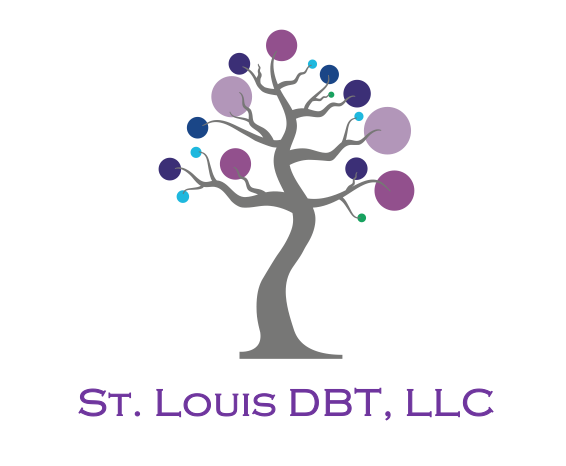Day/Time: Tuesdays 4:30pm-6pm, Thursdays, 4:30 to 6:00 pm or Thursday 5:45-7:15
Group Size: 3-4 families with a teen aged 12-18 (groups are split into age appropriate cohorts)
Cost: $75/family/session
Insurance: Documentation provided to file for out-of-network reimbursement
Status: Accepting new participants
If you answer “yes” to any of the questions below, our Teen-Parent DBT Skills Group may be right for your family.
Do you and your teen have trouble communicating?
Does your teen seem to have an “attitude” most of the time?
Are you worried about your teen but s/he won’t talk to you?
Is your teen engaging in risky or self-destructive behaviors?
Is your teen struggling with ADHD, depression or anxiety?
Does your teen feel worthless, hopeless or helpless?
Do you have your own difficulties with modeling healthy ways to regulate your emotions?
Do requests for “simple things'“ like going to school, completing homework, or respectful behavior devolve into shouting matches?
These and other problems can make it difficult for your teen to accomplish his or her responsibilities in school and at home, which in turn increases negative thoughts about themselves and their families.
Parent(s) and teen participate together in this highly experiential class. Together, you learn to communicate with each other more effectively, regulate strong emotions and tolerate the distress of situations you can’t change. You will learn to be mindfully aware of yourself, others and the family as a whole.
Families will gain the tools necessary to create a more peaceful life at home and effective relationships with each other. Teens and parents will learn how to communicate their own thoughts and feelings while validating the thoughts and feelings of others.
EXPERIENTIAL LEARNING
Up to four families meet weekly for 90 minutes to learn and practice skills as a group. Experiential classes are organized in four modules: core mindfulness, distress tolerance, emotion regulation and interpersonal effectiveness.
Modules are scheduled around the school calendar. Each module lasts six weeks.. Many families take the four DBT modules twice to more fully absorb and apply the skills as they become increasingly automatic at home, school and in social situations, thus a typical course of treatment takes one year.
Group skills training is NOT group therapy. You will not be asked to discuss your problems. Rather, you will be asked to share situations when you use skills effectively and situations when skills might have helped, learning from each other and feedback from the co-leaders.
WHAT TO EXPECT
While each lesson will differ, there are some elements that will be addressed in each session.
Mindfulness Practice
Each week, you will do a mindfulness exercise designed to help you practice skills of sitting with emotions or sensations without taking impulsive action, taking a nonjudgmental stance of self and others, or simply completing a single task one-mindfully. While these exercises may include traditional meditations, more often they will be active and interactive exercises.
Skills Shout-Outs
During this time, families will briefly share skills that got them through the week. This is a wonderful opportunity to get peer feedback, validation, and encouragement for skillful behaviors.
Skills Teaching
Each week, the group leader will present a new skill for tolerating tough situations, regulating difficult emotions, improving communication with others and living a more satisfying and present life. Often skills will be taught using experiential exercises.
Skills Practice and Homework
Skills presented in the class are either practiced in class or assigned to practice at home. The ONLY way DBT can be effective is if parents and teens do the practice between sessions. You don’t go to the gym once a week to meet with a trainer and then expect a magazine-cover body in 6 months. The real work is done between sessions. We will give you the tools, knowledge and support to reshape your life.
WHY ARE THERE TWO THERAPISTS IN THE ROOM?
The two therapists in the room represent one of the key dialectics in DBT – acceptance and change. While one therapist focuses on change through teaching of new skills and challenging ineffective behaviors, the the other therapist focuses on accepting you just as you are. She conveys understanding of why you do what you do. Even if it isn’t the most effective response in the world — she can make sense of it!
PARENT PARTICIPATION
Family support is fundamental to DBT’s effectiveness with teens. When parents learn the skills their teens are acquiring, parents can model these skills at home and use the skills to cope with their own struggles. Parent participation also provides a shared language with which to discuss problems and offer each other support.
INDIVIDUAL THERAPY
Teen participants are required to be in individual DBT therapy. St Louis DBT can provide an experienced therapist to help teens through this difficult time in their lives and assist parents in effectively supporting them along the way. Or you can choose a DBT therapist elsewhere.

